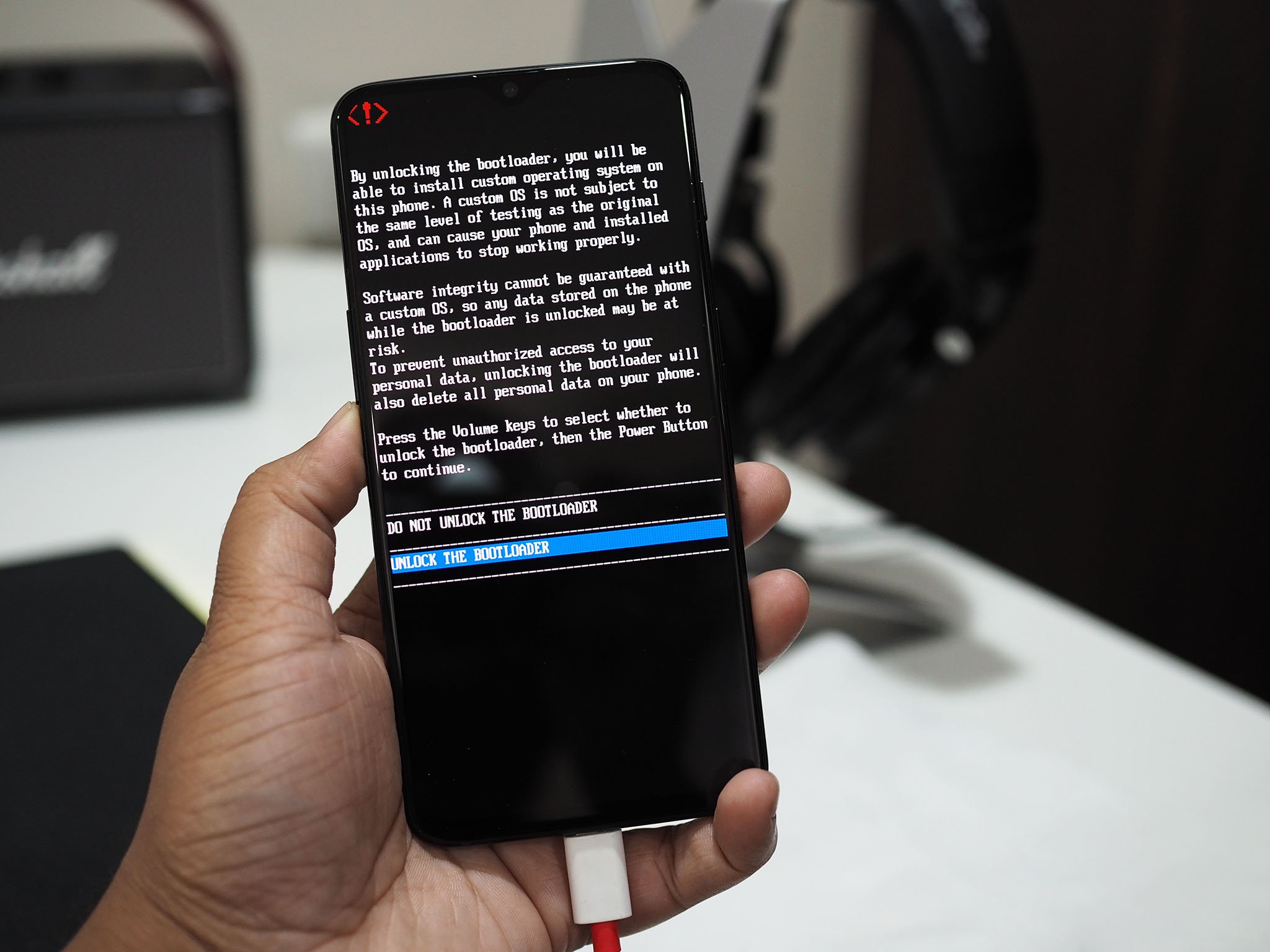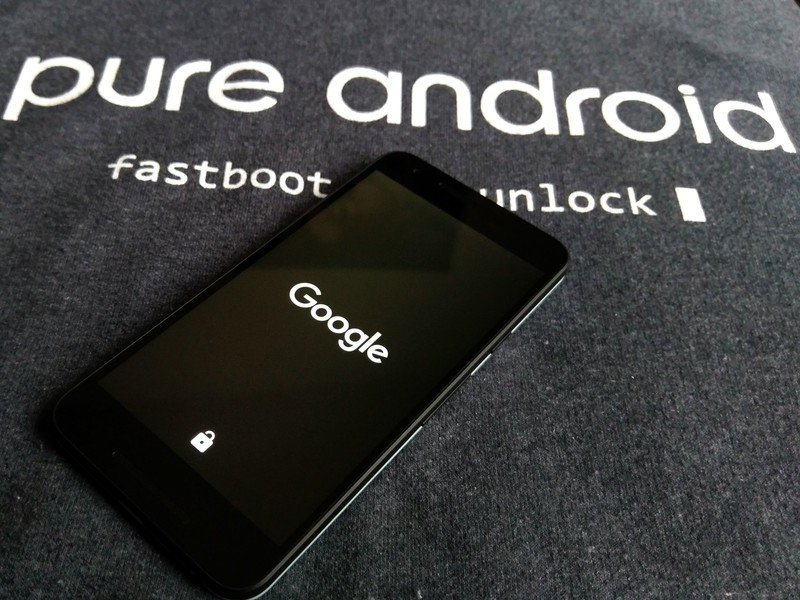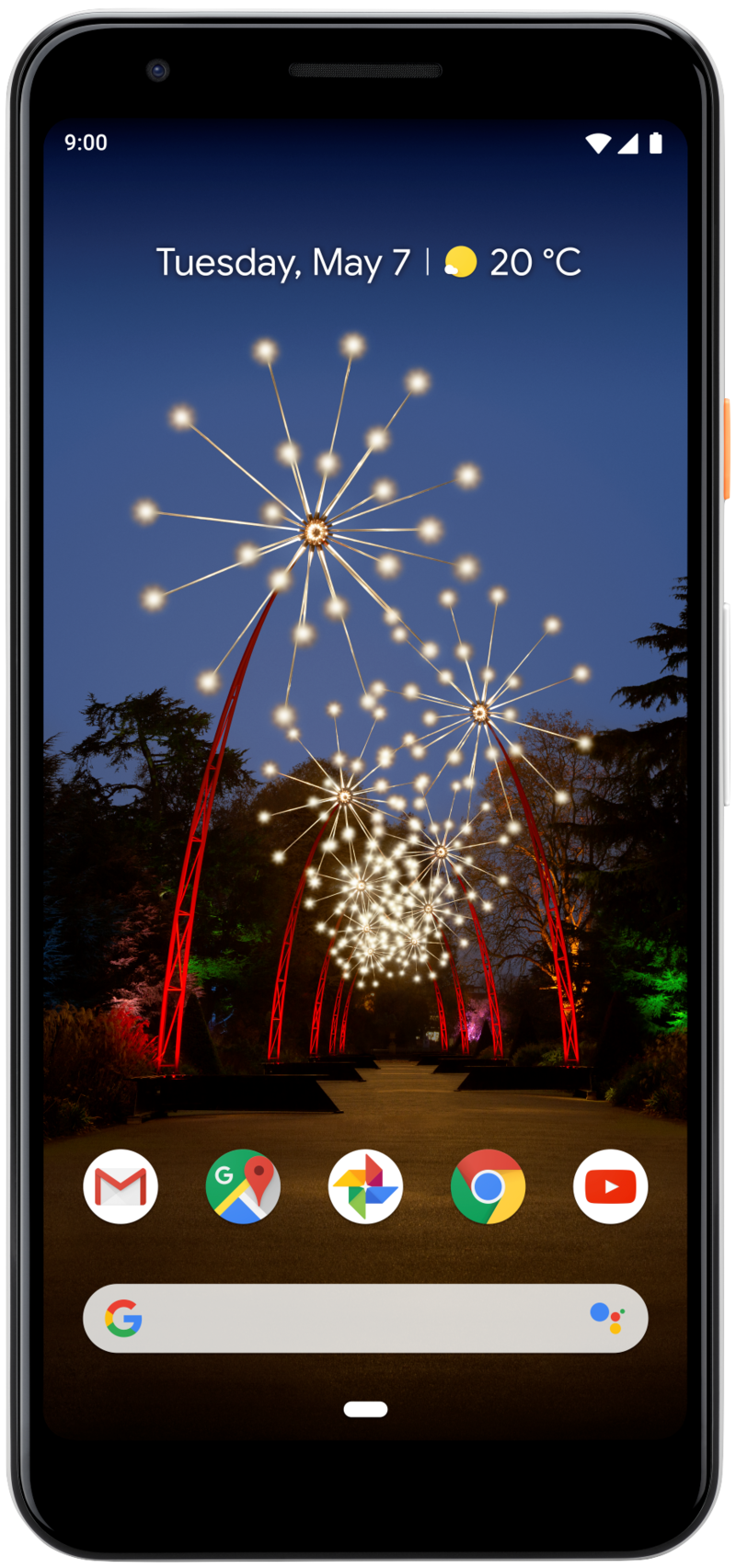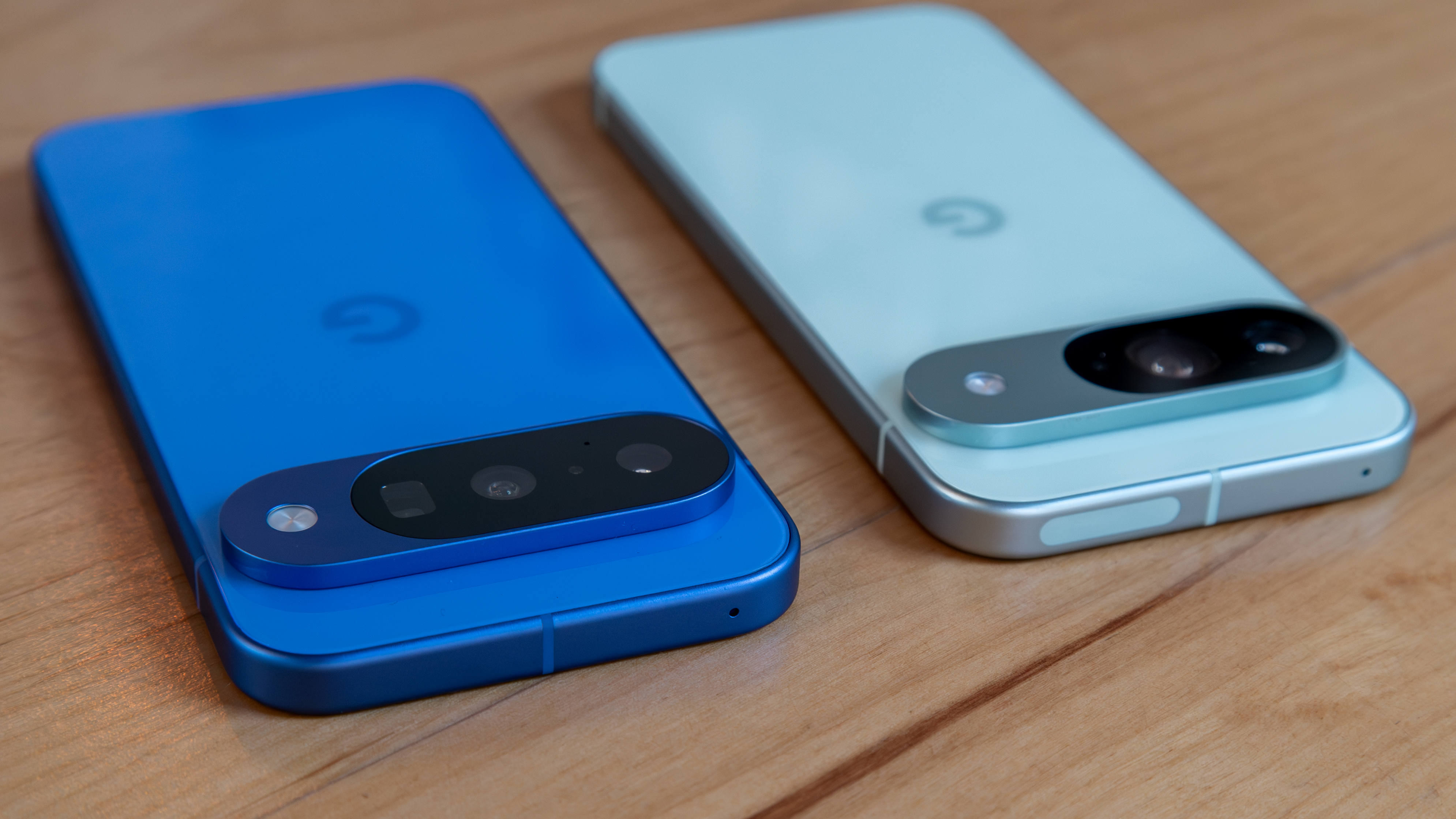Jailbreaking an iPhone is nothing like rooting an Android phone, and that's by design

Very few people root their Android phones in 2020. While I'm sure some people will disagree, you just don't need to do it anymore unless you bought a phone with really crummy software from a company that won't give you the software updates you feel you deserve. I'm not saying rooting a phone is a bad thing — in fact I feel that once you paid for a phone, you should be able to do anything you like to it — just that Android is no longer bad enough to make rooting a necessary evil.
But there are enthusiasts that feel very differently, and while they make up just a fraction of a fraction of the two billion Android users, rooting can be frustratingly difficult sometimes. This becomes even more apparent when you see an iOS jailbreak that only requires you to download a file or visit a website or plug your phone in and run a program on a computer. It's that way because jailbreaking is nothing like rooting an Android phone.
More: How to root your Android phone
Don't take my word for it. See what the developer of the extremely popular (and pretty darn good) Android rooting software tool suite Magisk and an Apple developer by day has to say on the subject:
Comparing Android rooting to iOS jailbreak is comparing 🍎 to 🍊. The former is utilizing the "developer mode" that is *built-in* to the device out of the box, while the latter is literally *hacking* system vulnerabilities to achieve customization. Two wildly different concepts.Comparing Android rooting to iOS jailbreak is comparing 🍎 to 🍊. The former is utilizing the "developer mode" that is *built-in* to the device out of the box, while the latter is literally *hacking* system vulnerabilities to achieve customization. Two wildly different concepts.— John Wu (@topjohnwu) May 31, 2020May 31, 2020
And he's dead on.

When you jailbreak an iPhone, you are taking advantage of a vulnerability in the system firmware that lets you write to specific system folders. You should never be able to write or copy files to these folders. In essence, jailbreak software, no matter how it's delivered, is just like malware. This is why Apple is quick to patch any jailbreaks.
Jailbreaking an iPhone uses the same sorts of exploits as malware would.
On an Android phone, you're simply adding a user with permissions to access the built-in developer tools. If you build Android from code, you can actually build a pre-rooted system image and everything will still work. Google and other companies may try to block a rooted user from using their software — hello Google Pay and Netflix — but as far as the utilities that run the system are concerned, you're just another user.
Get the latest news from Android Central, your trusted companion in the world of Android
That's not to say it's easy unless you own a phone like a Pixel that allows you to unlock the bootloader, because that's where things can get dicey.
The Android OS was designed with a superuser in mind.
Rooting your phone means there is a path for malware to write to system folders. You still have to install the malware and accept the permissions, but the very fact that there is a superuser binary file (that's what makes root work) means your phone isn't as secure as it would be without all that jazz. So companies that build phones and carriers that sell them often make it hard by encrypting access to the bootloader.
The bootloader on these phones is not part of Android and it isn't designed to be monkeyed with. Sometimes someone will find a way to bypass this encryption via commands from a computer. Sometimes someone will leak out the bootloader encryption keys. Sometimes it's a mystery how it happens that someone found a way to get in a locked and encrypted bootloader, but that's all it takes.
More: How can I tell if my phone is rooted?
From there, it's a matter of building a set of specific superuser "tools" and flashing that file through a modified system recovery. Finding a way in can be hard, but once you're in, it can be very easy and very effective, like Mr. Wu's Magisk software, for example. When you reboot, Android just works and the only difference is that you can use those superuser tools to do root-only things like remove bloatware or fix software bugs.
In the end, both rooting and jailbreaking feel like the same thing and you can do all sorts of good and bad things to your phone. But it's important to recognize that Android is cool with it while iOS isn't.

If you want to root, Google's phones are the best.
The Pixel 3a might not be a spec beast, but it's far more affordable and if you want to play around with root or custom ROMs, Google doesn't mind. Pixels aren't hard to unlock the bootloader on, and if you screw things up and want to go back to stock, you can re-download the original software from Google to put things back how you found them.

Jerry is an amateur woodworker and struggling shade tree mechanic. There's nothing he can't take apart, but many things he can't reassemble. You'll find him writing and speaking his loud opinion on Android Central and occasionally on Threads.
